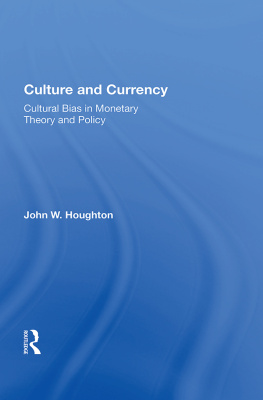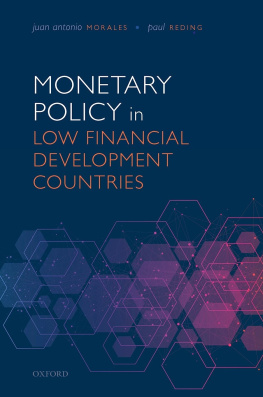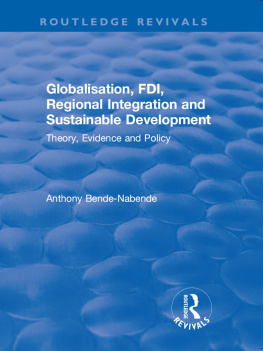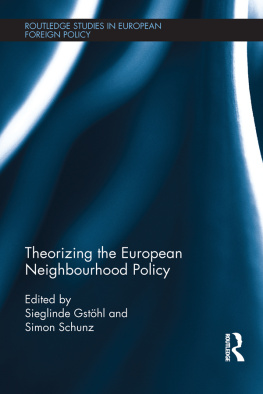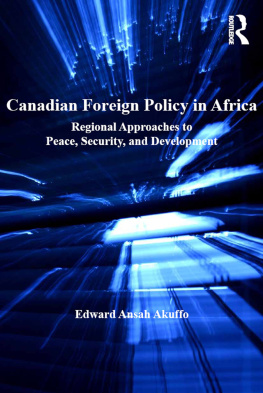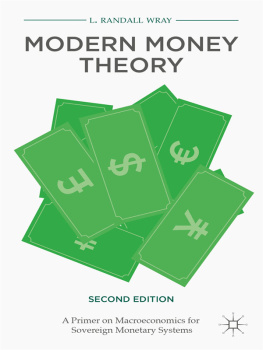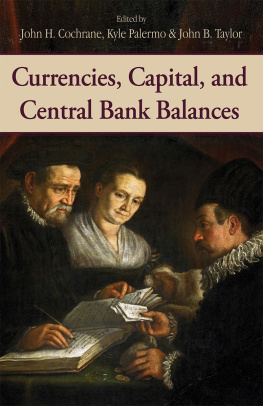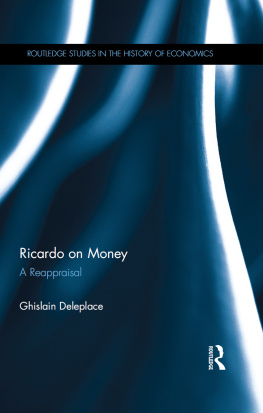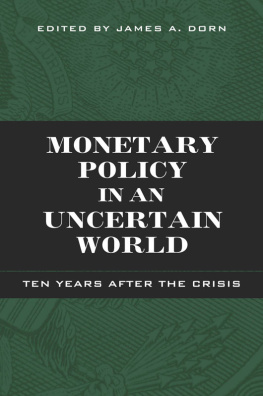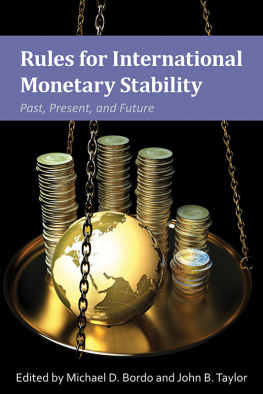Culture and Currency
Political Cultures
Aaron Wildavsky, Series Editor
Political cultures broadly describe people who share values, beliefs, and preferences legitimating different ways of life. This series will be distinguished by its openness to a variety of approaches to the study of political cultures; any defensible comparison, definition, and research method will be considered. The goal of this series is to advance the study of political cultures conceived generally as rival modes of organizing political and social life.
A single set of common concerns will be addressed by all authors in the series: what values are shared, what sorts of social relations are preferred, what kinds of beliefs are involved, and what the political implications of these values, beliefs, and relations are. Beyond that, the focal points of the studies are open and may compare cultures within a country or among different countries, including or excluding the United States.
Books in the Series
Culture and Currency: Cultural Bias in Monetary Theory and Policy
John W. Houghton
A Genealogy of Political Culture
Michael E. Brint
Cultural Theory
Michael Thompson, Richard Ellis, and Aaron Wildavsky
District Leaders: A Political Ethnography
Rachel Sady
The American Mosaic: The Impact of Space, Time, and Culture on American Politics
Daniel J. Elazar
First published 1991 by Westview Press
Published 2018 by Routledge
52 Vanderbilt Avenue, New York, NY 10017
2 Park Square, Milton Park, Abingdon, Oxon OX14 4RN
Routledge is an imprint of the Taylor & Francis Group, an informa business
Copyright 1991 by Taylor & Francis
All rights reserved. No part of this book may be reprinted or reproduced or utilised in any form or by any electronic, mechanical, or other means, now known or hereafter invented, including photocopying and recording, or in any information storage or retrieval system, without permission in writing from the publishers.
Notice:
Product or corporate names may be trademarks or registered trademarks, and are used only for identification and explanation without intent to infringe.
Library of Congress Cataloging-in-Publication Data
Houghton, John W.
Culture and currency : cultural bias in monetary theory and policy
/ John W. Houghton. Westview softcover ed.
p.cm. (Political cultures)
Includes bibliographical references and index.
ISBN 0-8133-1191-8
l. Currency questionGreat BritainHistory19th century.
2. Precious metalsGreat BritainHistory19th century.
3. Monetary policyGreat BritainHistory19th century.
4. Monetary policySocial aspects.I. Title.II. Series.
HG939.H761991
332.4941dc20
91-25650
CIP
ISBN 13: 978-0-367-00421-7 (hbk)
Chapter 1
Introduction
If I were asked to say briefly and superficially what I regard as the linchpin of the reformation [of science] to which I have alluded, I would say it was the rethinking of our theory of knowledge in terms of evolving figurations of people, of developing groups of independent individuals as the subject of knowledge rather than of an isolated individual of the homo clausus type.*
The aim of this book is to shed light on how people come to hold opposing views, how these views solidify into the sides of a debate and how one side becomes the dominant view.
Why, as all have access to the same nature, physical and human, dont they come to the same conclusions? Or, if each individual is different, why dont they come to wholly different conclusions? A sociology of perception must explain both why the world resembles neither an epistemological Tower of Babel in which communication between individuals is impossible nor a homogenized blend in which communication is no longer necessary.
At one level the subject is choice or decision making, but underlying this it is meaning. People come to hold the views they do out of the process of making sense of their lives and the world in which they live. Our ideas about how the world works derive from our social relations. Individuals internalize the social order for a purpose. That purpose is to sustain a way of life. Only by recognizing the social origins of thought can we account for both the shared nature of categories and their variation across different places and times.
These socially constructed cultural biases inform the decision process, and thus profoundly affect choice. The real moment of choosing is This is the basis of the cultural theory approach that we adopt. The aims are to investigate the generation of categories and the development of shared symbolic schemas or theories that seek to explain the workings of the world, and to explain theory choice.
Philosophical approaches to theory choice in science are a grounding from which to begin our search for an explanation of the patterned nature of sense making. However, traditional philosophical approaches seem rather partial and inclined to be misleading. Put in the very simplest terms there are two basic approaches to the problem in the history and philosophy of science. The first is a mainstream basket of approaches of the positivist/empiricist ilk. The underlying theme of this type of approach is that there is one (empirical) reality out there, and the history of the sciences is a progression toward coming to know it. There is one correct knowing, one correct meaning to be gained, and any alternatives are merely erroneous. Second, a mainstream alternative to this view consisting of a raft of approaches that are variously idealist/rationalist. The underlying theme of these approaches is that the world appears to people as it does because of some quality within them. This quality might be anything from the rational structure of the human mindshared by all humans as a consequence of their physiology, or by larger or smaller proportions of humankind as a consequence of their socializationto the uniqueness of each individual.
The result of these two broad approaches is that knowledge, meaning or choice is seen as either absolute (right or wrong) or relative (dependent upon the individual). The latter is said to lead to a state wherein any view, any interpretation, any sense, is as good as any other. Hence the problem polarizes into the extreme views that either there is no alternative or any knowledge is as good as any other"it is all relative. It is this stark choice that leaves us with the questions we have posed. How do people come to hold opposing views about the same thing, how do the sides of a debate solidify into sides, and how does one side emerge as the dominant paradigm?
The key with which we seek to unlock the apparent dilemma is to see action and knowing or meaning as dialectically inter-related. That is, to see making sense of what one does and doing what makes sense as the essential conditions of lifein the long run. Hence we are looking for matches between patterns of acting and patterns of thinking. The underlying notion is that meaning attribution is a symbolization process, wherein nature and society are understood in terms of a schema or theory that is a symbolic (re)description of life in society and/or nature. Following Durkheim we hypothesize that the structure of symbolism parallels the structure of social life. Hence our focus is on the patterned inter-relation of individuals social environments and their symbolic re-descriptions, schemas or theories.
The first hurdle in outlining a cultural theory is that of terminology, and the many and various definitions of the slippery notion culture. Rather than add to the confusion and extend semantic debate, the practitioners of cultural theory adopt three key terms that replace three of the main ways that the term culture is used. First, cultural bias refers to the shared values, beliefs, norms, rationalizations, symbols and ideologies that are the basis of mental products. Cultural biases include the taken-for-granted, the self-evident, the heuristics of decision making and the automatic pilots of life. Second, social relations refers to the patterns of inter-personal relations, the structure of social relations and social organization. Third, way of life refers to the viable, sustainable combinations of social relations and cultural bias. Organized social life is founded on the mobilization of cultural bias.

